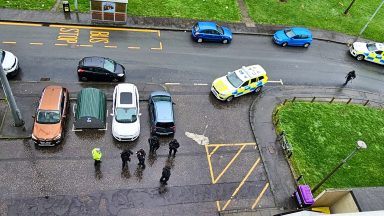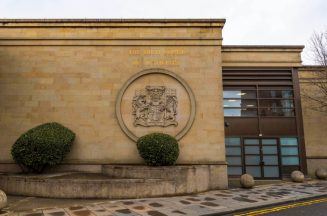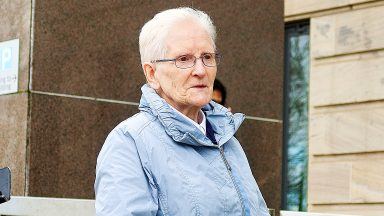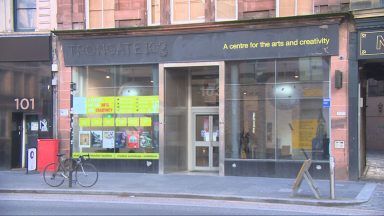The introduction of a congestion charge in Glasgow could lead to businesses moving out of the city, the Chamber of Commerce has warned.
Glasgow City Council has been considering a number of charging options for road users and, while plans for a workplace parking tax have now been shelved, an “at-city-boundary” congestion charge and tolling of the Clyde Tunnel remain on the table.
The city’s SNP group has said it would seek to exempt Glasgow residents from any new charge, which would be paid by those entering the city from other council areas. The options are being investigated as part of efforts to reduce car use and increase revenue.
But Stuart Patrick, chief executive of Glasgow Chamber of Commerce, said: “We cannot support a city-wide congestion charge until public transport improvements have been made in line with the conclusions of the Connectivity Commission.
“We are very concerned about the possible displacement of business out of Glasgow. We believe the city council needs support from the Scottish Government to deliver priority transport projects such as the Clyde Metro and the Glasgow City Region Bus Partnership improvement plan.”
The Connectivity Commission, chaired by Professor David Begg, proposed a range of measures to upgrade the city’s transport capacity, including a Metro system.
The city’s Labour group also opposes the proposed congestion charge and Clyde Tunnel toll. It has said residents from Ayrshire, Lanarkshire, East Renfrewshire, East Dunbartonshire and beyond would be forced to pay to visit Glasgow for work, family or social reasons.
Cllr Angus Millar, SNP, the council’s convener for climate, transport and city centre recovery, said: “I think it is important that we as a council fully explore any and all opportunities we have to utilise powers and to raise revenues to support the sustainable transport transition that we are undertaking.”
He was “a little bit confused around some of the statements from Labour colleagues” as the group had previously supported proposals for congestion charging and it had been included in the council’s strategic plan, which passed unanimously.
Cllr Millar said it was “a chicken and egg discussion”, adding: “If we want to see significant improvements on public transport then we need to be able to identify where the investment is coming from to make those investments.”
He was speaking at the city’s economy, housing, transport and regeneration city policy committee,which received an update on potential charging options today.
They were asked to note progress, including the decision to halt work on a workplace parking levy, rather than approve any plans.
Bailie Anthony Carroll, Greens, proposed an amendment which would have seen a possible workplace parking charge revisited once controlled parking zones are in place across the city.
A parking scheme would have required businesses and workplaces to hold a licence for spaces they provide to staff and visitors, with licence charges based on the number of places available. It was estimated it could have raised over £8m per year.
But officials reported there is “limited commercial and public appetite” for the scheme and they will direct resources towards other options.
Bailie Carroll said funds raised through a levy could help to “actually improve our public transport systems” as the council has not received the same UK Government support as regions in England.
Cllr John Carson, Glasgow Labour’s deputy leader, said: “We are against a workplace parking levy.
“People can dress it up in various narratives, but ultimately we see it very clearly as the Scottish Government passing the buck onto local authorities rather than giving us the money that we need to run and enhance our city.”
The amendment only received two votes as SNP councillors supported the initial recommendations to note the update and Labour members chose to abstain.
Follow STV News on WhatsApp
Scan the QR code on your mobile device for all the latest news from around the country


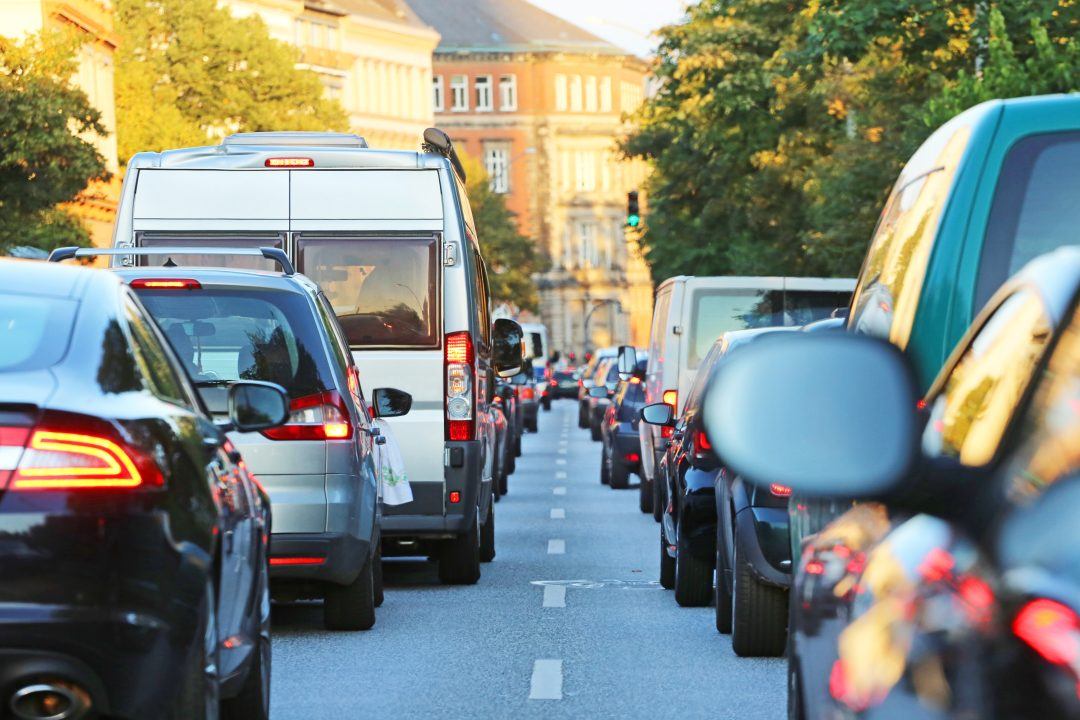 Adobe Stock
Adobe Stock






